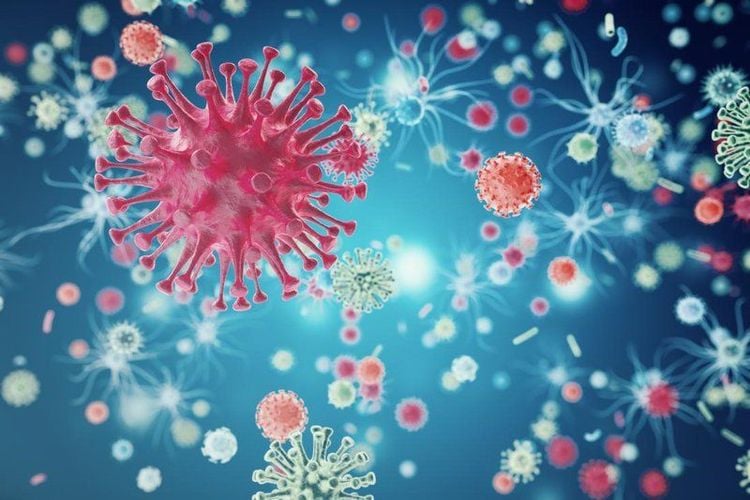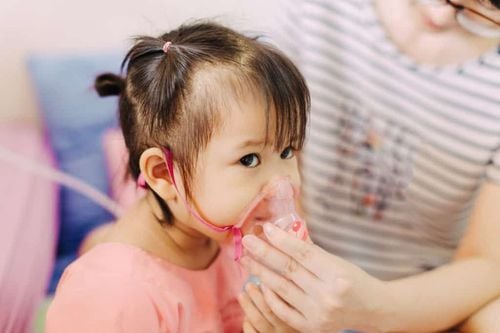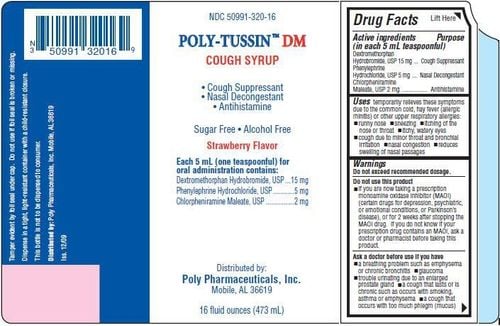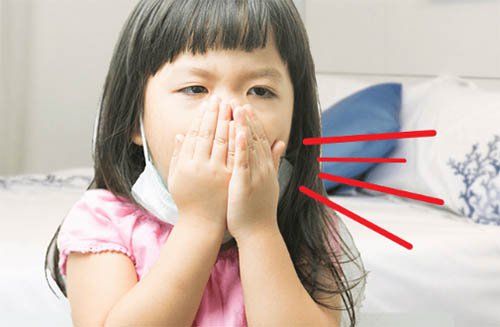This is an automatically translated article.
Posted by Specialist Doctor II Pham Do Ngoc Diep - Neonatal Department - Vinmec Times City International Hospital
RSV is a virus that can affect people, of any age, however, it is very common in young children, especially premature babies. RSV virus is most commonly infected in the fall, winter or spring, spread from person to person through the air through coughing and sneezing, direct contact or touching an object or surface with the virus on it
1. What is RSV virus?
RSV (Respiratory Syncytial Virus) virus, also known as respiratory syncytial virus, is one of the leading causes of respiratory diseases in infants and young children, especially bronchiolitis and pneumonia. in children under two years of age.
Respiratory syncytial virus is a common respiratory virus that usually causes mild, cold-like symptoms. But it can cause serious lung infections, especially in babies, older adults, and people with serious medical problems.
Respiratory syncytial virus (RSV) is spread from person to person through the air through coughing and sneezing, direct contact, such as kissing a person infected with RSV, touching an object or surface with the virus on it. there, then touch your mouth, nose, or eyes before washing your hands.
People infected with RSV are usually contagious for 3 to 8 days, but sometimes infants and people with weakened immune systems can continue to spread the virus for up to 4 weeks.

Virus RSV là virus gây ra bệnh về đường hô hấp
What parts does the upper respiratory tract consist of? Common diseases of the upper respiratory tract
2. Who is at risk for respiratory syncytial virus (RSV) infection?
RSV can affect people of any age, but it is very common in young children; Nearly all children are infected with RSV by the time they are under 2 years of age. The RSV virus is usually susceptible to infection in the fall, winter, or spring.
Certain people are at higher risk of severe RSV infection:
Newborns, especially premature babies Older people, especially those 65 years of age or older People with chronic medical conditions such as heart or lung disease People have a weak immune system
3. Symptoms of respiratory syncytial virus (RSV) infection
Symptoms of RSV infection usually begin about 4 to 6 days after infection:
Runny nose Poor appetite Coughing Sneezing Fever Wheezing These symptoms often appear in stages rather than all at once. In young children, the only symptoms may be irritability, decreased activity, and difficulty breathing.
RSV can also cause more severe infections, especially in people at high risk. These infections include bronchitis, inflammation of the small airways in the lungs and pneumonia, a lung infection that manifests as:
Shortness of breath, breathing faster than usual; Wheeze; The cough gets worse, the child may choke or vomit due to the intense coughing; Fatigue, listlessness, loss of appetite. Most cases of respiratory syncytial virus are mild and do not require medical treatment from a doctor. Antibiotics are not used because RSV is a virus and antibiotics only work against bacteria. Sometimes, doctors give medicine to help open up the airways.
RSV infections can be more severe in infants. Some may need treatment in the hospital. There, the child can be closely monitored and fluids, if needed, given and treated for any breathing problems.
3. Care at the nursery infected with syncytial virus
When a child is infected with RSV , parents need to take care at home measures including:
Make your child as comfortable as possible Allow time to recover Provide plenty of fluids, baby may not feel feel like drinking, so offer fluids in small amounts often. If you use a cool mist humidifier, clean it daily with household bleach to prevent mold and bacteria growth. If your child is uncomfortable and too young to blow his nose on his own, use a nasal aspirator (or bulb syringe) to remove sticky nasal discharge. Treat fever with non-aspirin antipyretics such as acetaminophen. Aspirin should not be used in children with viral illnesses. Its uses have been linked to Reye's syndrome, a life-threatening illness. In case your child has the following symptoms, you should see a doctor immediately:
High fever and not looking well A lot of runny nose Cough that gets worse or produces yellow, green or gray mucus Signs of dehydration Go to the doctor right away if the infant is very irritable, or sucks poorly or stops feeding, has trouble breathing

Khi trẻ bị sốt cao cần được đưa đến bệnh viện
4. Why are premature babies at high risk of RSV infection?
Preterm infants are at greatest risk of RSV infection and may need to be hospitalized because premature infants have underdeveloped lungs and underdeveloped immune systems, which are a contributing factor to an increased risk of RSV disease. and cardiopulmonary complications.
Children with congenital heart disease (congenital structural and functional defects of the heart) or chronic lung disease are also at increased risk of severe RSV infection, which can result in hospitalization and even death.
Other risk factors for severe RSV include a low birth rate (less than 2500 grams or 5.5 pounds) and a weak immune system.
5. If a child has had RSV in the past, is it possible to get it again?
If your child is unlucky enough to have RSV infection once, he or she will still be able to catch RSV if precautions are not taken.
Some babies with persistent RSV infection will have respiratory symptoms, which recur throughout infancy. It is estimated that, of all infants admitted to hospital with this disease, 30% still have recurrent wheezing 10 years later. Some may develop asthma.

Trẻ bị nhiễm RSV có thể phát triển thành bệnh hen suyễn.
6. What can be done to protect children from RSV?
Currently there is no vaccine against RSV. Steps parents can take to try to avoid and prevent their child from getting RSV include:
Avoid kissing babies if you have cold symptoms Clean and disinfect hard surfaces Do not let anyone smoke around around your baby If possible, keep your baby away from anyone, including siblings, with cold symptoms Do not expose your baby to large numbers of people Ask everyone to wash their hands before touching the baby Limit Limit the time infants and young children are at high risk of staying in day care, especially from late fall to early spring, when RSV is most common. Wash your hands often, especially after coming into contact with anyone with cold symptoms. There is no vaccine for respiratory syncytial virus, but a drug called palivizumab can prevent RSV infection and protect high-risk babies from serious complications of RSV infection. If your child is at high risk, your doctor may give your child a monthly shot during peak RSV season.
Pediatrics Department at Vinmec Times City International General Hospital is the address for receiving and examining respiratory diseases that infants and young children are susceptible to: viral fever, bacterial fever, otitis media. , pneumonia in children, .... With modern equipment, sterile space, minimizing the impact as well as the risk of disease spread. Along with that is the dedication from the doctors with professional experience with pediatric patients, making the examination no longer a concern of the parents.
To register for children's examination at Vinmec International General Hospital, customers can contact Vinmec Health System nationwide or register online HERE.
Signs, how to care for children with upper respiratory tract infection at home














